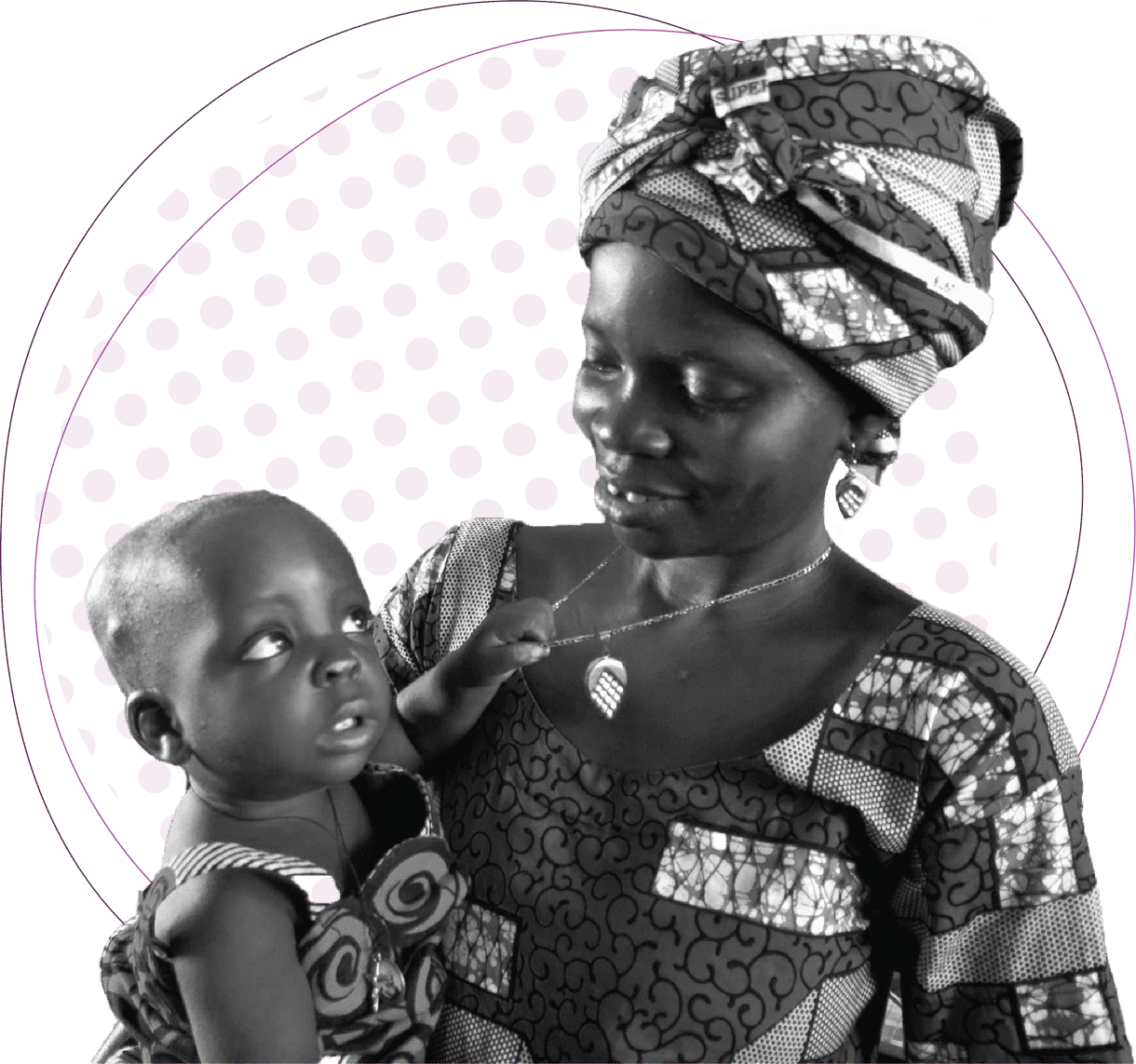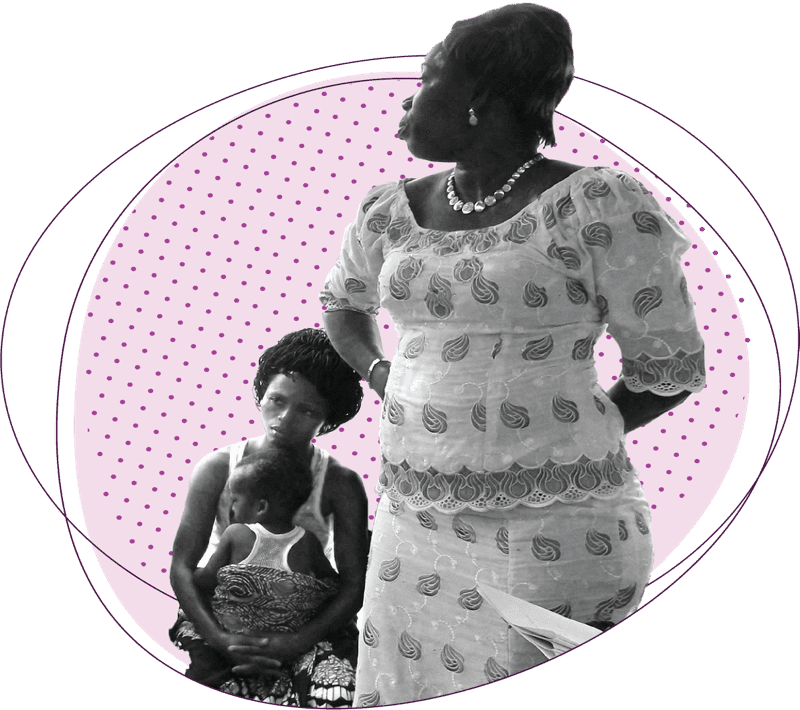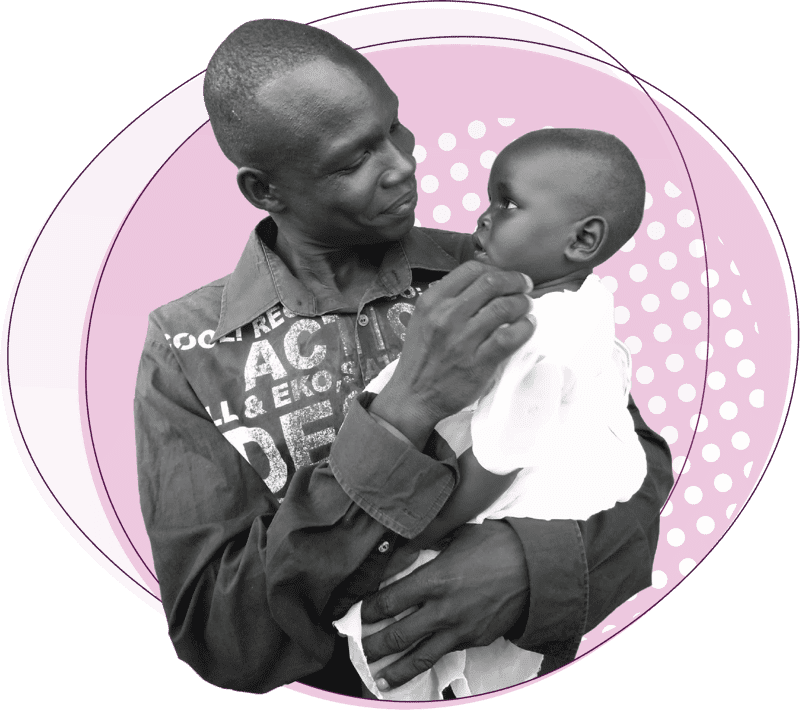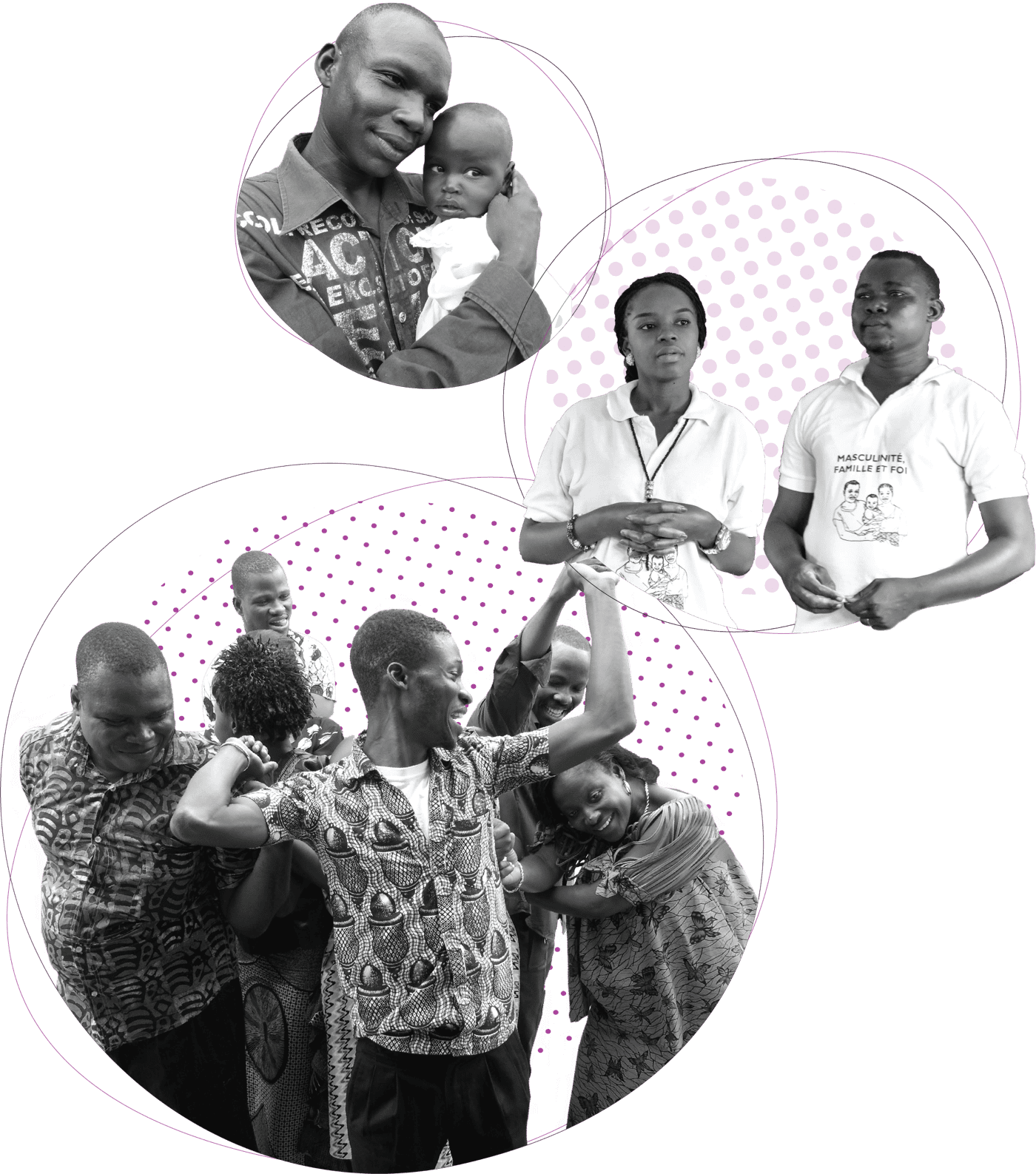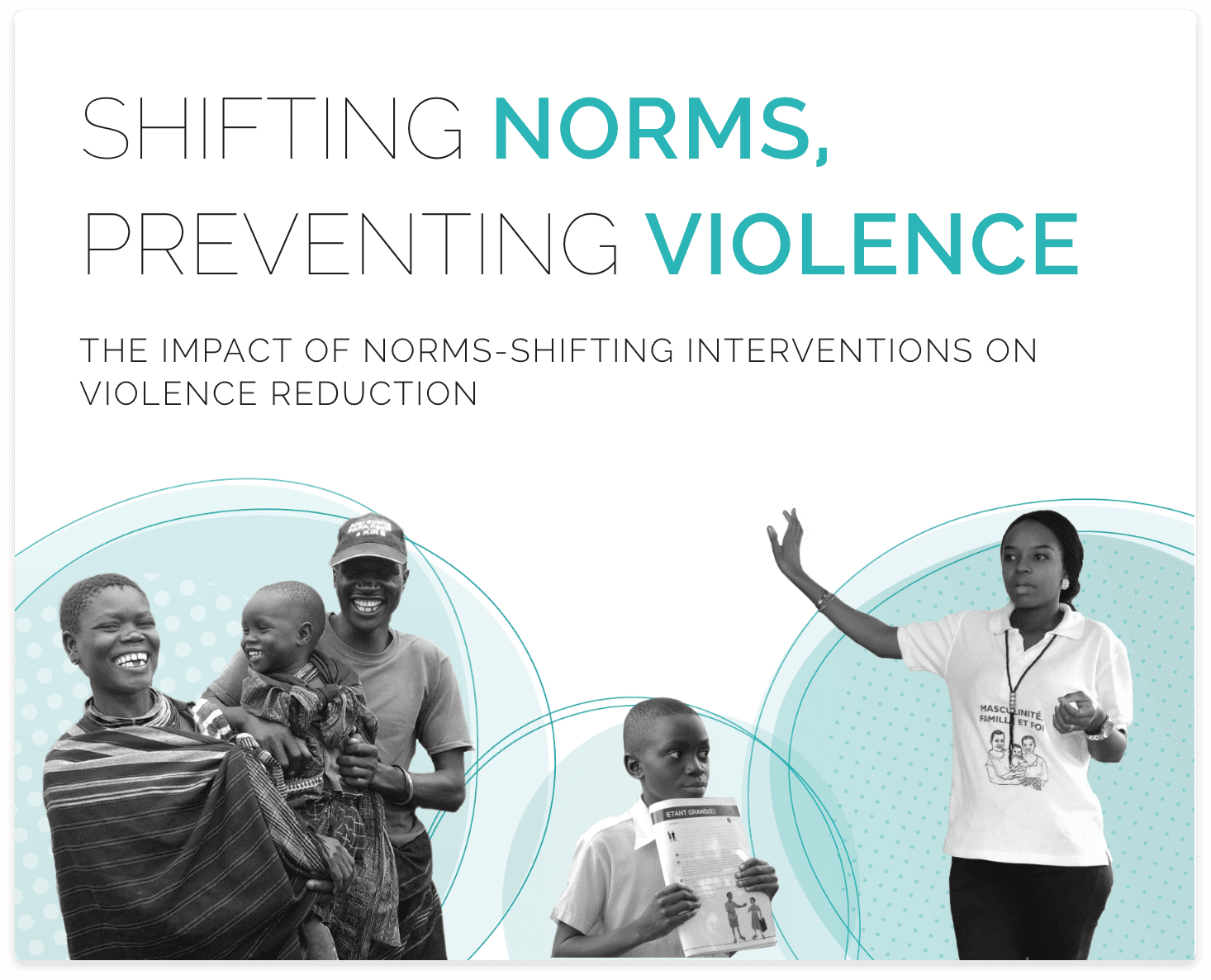ADDRESSING NORMS,
PROMOTING HEALTH
The impact of norms-shifting interventions on family planning and reproductive health
Evidence from the Passages Project shows that norms-shifting, gender-synchronized interventions can create supportive normative environments for improving family planning (FP) and reproductive health (RH) outcomes. A norms-shifting intervention is an intervention that seeks to achieve its outcomes at least in part by changing the social norms or social expectations that drive behaviors of interest. For more information about norms and related concepts, please visit the Social Norms Lexicon.
Such environments open new avenues to other shifts in attitudes and behaviors, in turn leading to increased use and acceptance of modern FP and RH care and services at the individual, couple, household, and community (or reference group) levels.
Findings from five norms-shifting interventions—Husbands’ Schools; Tékponon Jikuagou/Terikunda Jékulu; Responsible, Engaged, and Loving (REAL) Fathers; Growing Up GREAT!; and Masculinité, Famille et Foi—reveal increased uptake of behaviors related to family planning and reproductive health.


